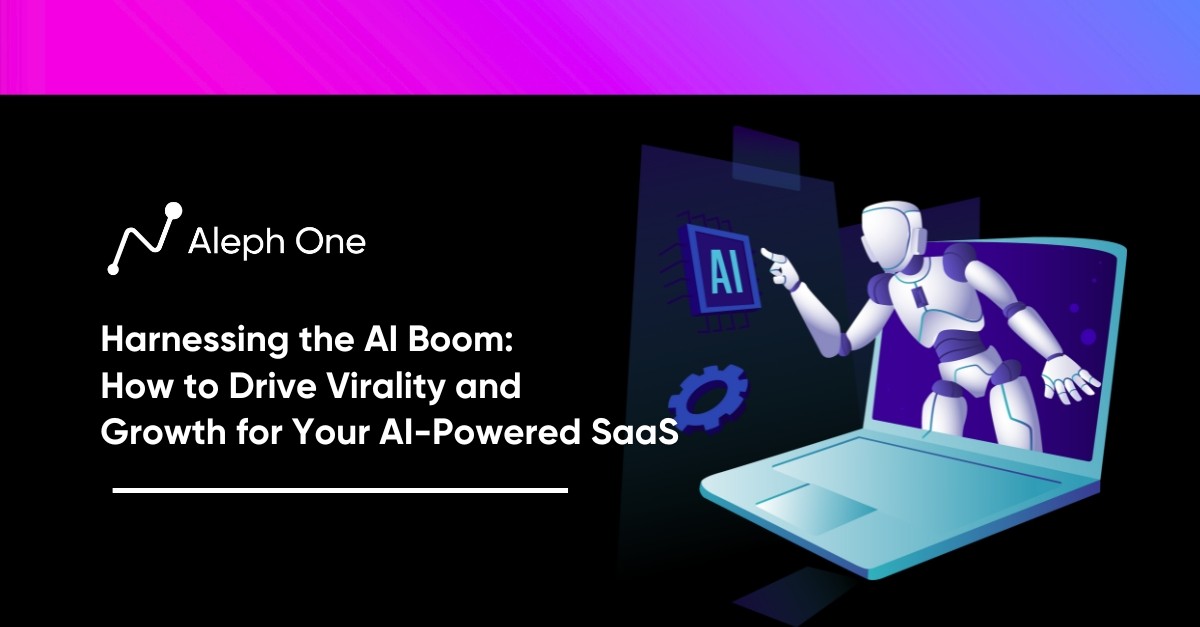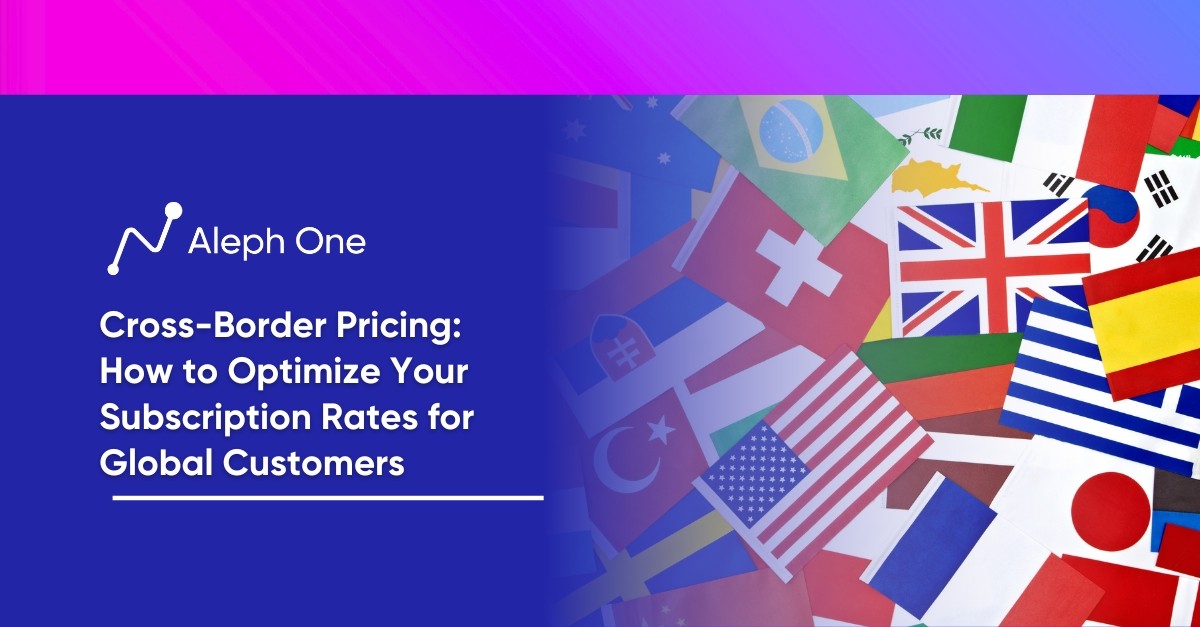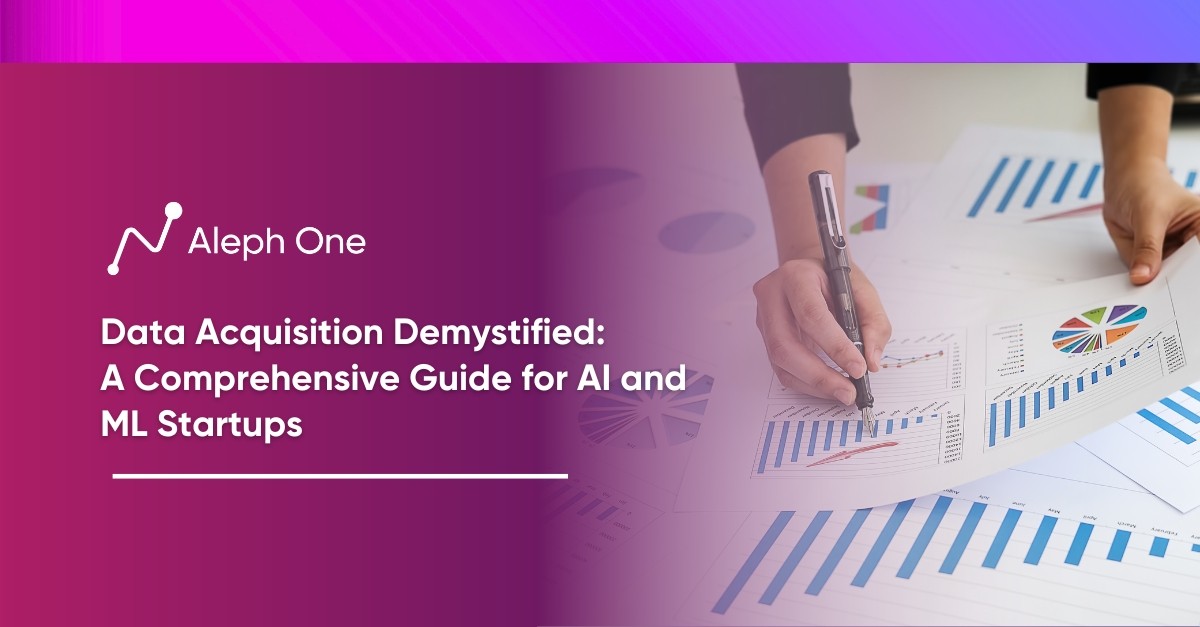Let’s work together to build something amazing. Share your project details and our team will reply to figure out the next steps to your success.

Artificial Intelligence has rapidly progressed from science fiction to reality, transforming into a mainstream business tool deployed at a massive scale. With AI systems revolutionizing customer service, fraud detection, ad targeting, and more, companies like Google, Amazon, Microsoft, and Baidu are investing billions in AI deployment. The AI market is predicted to reach over $300 billion by 2024, and startups have raised over $70 billion in funding since 2010, with yearly funding growing exponentially. Recent breakthroughs in machine learning, especially deep learning, have driven this boom, enabling AI to achieve human-level accuracy in tasks like image recognition and speech translation. As the AI revolution unfolds, companies that embrace AI-powered SaaS will be best positioned to drive growth and competitive advantage in an intelligent future.

The Rise of AI – From Sci-Fi to Reality
In 1997, IBM’s Deep Blue defeated chess grandmaster Garry Kasparov, demonstrating the power of AI to solve complex problems. Today, AI systems by companies like Anthropic handle customer service queries, detect fraud, optimize ad targeting, and more. Tech giants like Google, Amazon, Microsoft, and Baidu are investing billions in AI and deploying it across their products and services.
AI Market Expected to Increase
According to IDC, the AI market is expected to reach over $300 billion by 2024, up from $37.5 billion in 2019. AI applications are increasing in healthcare, transportation, education, and finance. AI startups have raised over $70 billion in funding since 2010, with annual funding growing by over 50% yearly.
Machine Learning Algorithms
While AI has been around for decades, recent breakthroughs in machine learning, especially deep learning, have enabled rapid progress. Machine learning algorithms use massive amounts of data to learn independently and make predictions or decisions without being explicitly programmed. Inspired by the human brain, deep learning neural networks can achieve human-level accuracy on tasks like image recognition, speech translation, and more.
Datasets and Patterns
Access to massive datasets, powerful computing infrastructure, and advanced algorithms have fueled the AI boom. AI techniques like machine learning require huge amounts of data to detect patterns and learn how to make predictions and decisions. Companies like Google, Facebook, and Baidu have enormous data to train their AI models. Powerful GPUs and custom AI chips have also made running complex deep learning models with billions of parameters possible.
AI has emerged as a transformative force in business and society. Although still in its infancy, AI has enormous potential to improve customer experiences, optimize operations, and power new products and services. Companies harnessing AI’s power today will be best positioned to drive growth and competitive advantage tomorrow. The AI revolution is here, and it’s time for businesses to prepare for an intelligent future.
AI-Powered SaaS: A New Era of Software
Traditional SaaS companies are embracing AI to transform their offerings into intelligent solutions. By leveraging AI technologies like machine learning and natural language processing, SaaS companies can gain valuable insights into their customers and optimize the functionality of their software.
Salesforce, Einstein, and Hubspot AI Integration
Salesforce, a leader in CRM software, has integrated AI into its Sales Cloud and Service Cloud products. The Einstein AI platform powers predictive analytics, automated lead scoring, opportunity insights, and more – helping sales teams to focus on the most promising prospects and close deals faster. HubSpot, a major inbound marketing and sales platform, has an AI-powered content optimization tool that analyzes customer engagement and automatically tailors content for the best performance.
Zendesk – AI Customer Service
Zendesk, a popular customer service software, launched Zendesk Guide – an AI knowledge base that automatically learns from every customer interaction to provide fast and accurate answers to customer questions. The AI also alerts customer service agents to potential issues and provides relevant content recommendations for speedier resolution.
SaaS Companies AI Integration Resulted In Growth
According to reports, over 40% of SaaS companies have already adopted some form of AI, which is growing exponentially. The infusion of AI has been a critical driver of innovation and growth in the SaaS market. AI-based SaaS solutions can analyze vast amounts of data, gain actionable insights, and leverage those insights to optimize key functionality – all at a massive scale.
AI Applications in SaaS
Some of the most common applications of AI in SaaS include:
- Predictive analytics: Identifying trends and patterns to forecast future outcomes. Used for applications like sales forecasting, churn prediction, demand forecasting, etc.
- Personalization: Using customer data and behavior to tailor experiences to individual needs and preferences. Applicable for marketing, sales, customer service, etc.
- Automation: Automating repetitive and routine tasks like email marketing, lead scoring, customer service, etc. This improves efficiency and reduces errors.
- Insights: Detecting anomalies, trends, and relationships to gain valuable insights. Used for applications like optimizing marketing spend, improving customer experience, reducing churn, etc.
AI has unleashed new potential for SaaS companies to understand customers better, optimize functionality and gain a competitive edge. By embedding AI into their platforms, SaaS companies can offer more value to customers and sustain high growth in a fast-evolving market. The future of software is AI-powered, and SaaS companies must continue to innovate with AI to thrive.
The Power of Data: Fueling the AI Engine
Artificial intelligence systems are powered by vast amounts of data. AI algorithms require massive datasets to detect patterns, learn, and make predictions. The exponential growth of digital data and advanced computing infrastructure has enabled the recent boom in AI.
How Data is Collected
Companies today have access to enormous amounts of customer data, user behavior data, and operational data. This data is collected through website interactions, mobile apps, IoT devices, and more. AI models can analyze massive datasets with thousands of data points to identify trends and build predictive models. The more data an AI system has, the more accurate it can become. This makes access to large, high-quality datasets a competitive advantage for companies.
Netflix – Analyzes Viewing Habits & Ratings
For example, Netflix leverages its data from over 167 million subscribers to power video recommendations and content creation. By analyzing viewing habits, ratings, and more, Netflix can predict what content each viewer would enjoy. Amazon, similarly, uses data from past purchases, product views, and more to provide personalized recommendations and optimize the shopping experience.
Tesla – AI Collects Data From Miles of Driving
Tesla collects data from its vehicles to improve self-driving technology in the transportation industry. By analyzing data from over 10 billion miles of driving, Tesla’s AI models learn to accurately detect lanes, read traffic signs, and navigate roads. General Electric analyzes data from millions of sensors in industrial equipment to predict maintenance needs and optimize performance.
The examples demonstrate how data is fueling AI innovation across industries. Companies that collect, organize, and analyze high-quality data will be firmly positioned to leverage AI for a competitive edge. Business leaders must prioritize data to power AI and gain valuable insights. With massive datasets and advanced AI, companies can transform customer experiences, optimize operations, reduce costs, and drive business growth.
Optimizing the Customer Journey with AI
AI has immense potential to enhance the customer experience across the entire journey. Technologies like machine learning and natural language processing can help companies better understand their customers, predict their needs and deliver personalized interactions.
AI-powered Chatbots
One application is AI-powered chatbots for customer service. Chatbots can handle simple, repetitive customer queries while providing an instant response. Companies like Anthropic and Anthropic offer chatbots that can understand complex customer questions and respond helpfully. AI also powers virtual assistants like Alexa and Siri, which many customers use daily.
Predictive Analytics
Predictive analytics is another tool companies can leverage to personalize the customer experience. AI models can anticipate customer needs and recommend relevant products or content by analyzing customer data and behavior patterns. Fashion retailer Stitch Fix uses AI to curate personalized outfits for their customers based on their style profiles. Their algorithms analyze thousands of data points for each customer to determine their best selections.
Hyper-personalized Experiences
AI also enables hyper-personalized experiences through dynamic pricing, customized interfaces, and tailored messaging or content. Companies can optimize the timing, content, and frequency of communications based on each customer’s preferences and predicted behavior. Research shows customers are willing to pay up to 13% premium for personalized experiences.
Improve Customer Experiences with Insights
At the same time, AI helps companies gain valuable customer insights to improve experiences continually. Sentiment analysis can detect how customers feel about a brand or product. Voice of the customer programs analyzes feedback and reviews to identify key themes and opportunities. These insights allow companies to address pain points, strengthen relationships, and build loyalty.
In the coming years, AI will be increasingly critical to delivering the seamless, personalized experiences customers have come to expect. Business leaders must invest in AI and machine learning capabilities to better understand customers, predict their needs, and optimize engagements across the journey. By harnessing AI, companies can gain a competitive advantage through superior customer experiences, higher satisfaction and retention, and sustainable long-term growth. The future is AI-powered. Are you ready?
Streamlining Operations with Intelligent Automation
AI can potentially transform critical business operations and workflows, driving massive efficiencies and cost savings. Many companies are leveraging AI-based automation and optimization technologies to streamline their operations.
Process Automation
Process automation is one of the most impactful applications of AI for operations. AI can analyze existing processes and automate repetitive and routine tasks, freeing employees to focus on more strategic work. For example, Google uses AI to automate internal processes like employee onboarding. This has reduced the time to complete onboarding tasks by 50% and allowed HR staff to spend less time on routine paperwork.
Supply Chain Optimization
AI is also optimizing complex supply chains through predictive analytics. AI can identify patterns in supply chain data to forecast demand, predict delays, and optimize logistics. General Electric uses AI to gain insights into its supply chain, helping managers make better decisions and avoid costly delays. The company estimates over $50 million in potential annual savings from improved supply chain optimization.
Predictive Maintenance
Predictive maintenance is another promising AI application. AI analyzes sensors and equipment data to identify potential failures or inefficiencies. This allows for proactive maintenance and reduced downtime. One study found that AI-based predictive maintenance can reduce costs by 25% and increase equipment uptime by 20%. Companies like Bosch use AI to move their manufacturing equipment from time-based to condition-based maintenance.
AI Automates Routine Tasks
In many cases, AI does not replace human employees but augments their capabilities. AI automates routine tasks so employees can focus on work that leverages their creativity, judgment, and problem-solving skills. However, AI may significantly transform specific jobs and the necessary skills. Companies will need to invest in retraining and upskilling programs to help their workforce adapt to the increasing role of AI in business operations.
AI has enormous potential to streamline critical processes through intelligent automation and optimization. Companies that deploy AI for the proper operational use cases can achieve substantial cost savings, productivity gains, and competitive advantage. The future of business will rely on human-AI collaboration to maximize the efficiency and impact of operations.
The Future is AI-Powered: Are You Ready?
AI is rapidly moving from a futuristic concept to a mainstream business tool. According to Gartner, the AI software market is projected to reach $118.6 billion by 2025. AI infuses all business areas – customer service, product development to marketing. The future will be built on AI-powered software, platforms, and applications.
How to Prepare for an AI-powered Future
To keep up with this trend, business leaders must prioritize AI. Some key steps to prepare for an AI-powered future include:
Invest in AI Infrastructure
AI requires massive computing power and storage to function. Companies must invest in high-performance GPUs, cloud computing services, and storage solutions to develop and run AI applications. Lack of infrastructure is one of the most significant barriers to AI adoption.
Upskill Your Teams
As AI becomes more ubiquitous, every role in an organization will be impacted in some way. Companies need to provide AI training and education to employees so they can work efficiently with AI systems. Some roles, like data scientists and AI engineers, will be in high demand. Hiring and reskilling in-house talent should be a key focus.
Reimagine Your Processes
AI has the potential to transform business processes and workflows. However, this requires a willingness to reimagine existing ways of doing things. Processes need to be redesigned around the use of AI to maximize its benefits. This may involve eliminating redundant tasks, using AI for automation, etc.
Focus on Data
AI systems are only as good as the data used to train them. Companies need to make data collection, quality, and governance a priority. The more high-quality data available, the more accurate and valuable the AI applications can become. Data silos need to be eliminated so data can be used across the organization.
AI Will Drive Competitive Advantage
Early adopters of AI are already gaining a competitive edge. AI can help boost efficiency, reduce costs, improve CX, develop innovative products, and more. Companies that fail to adopt AI risk being left behind. Leaders must start now to build AI into their business models and future strategies.
AI is the Future for Startups
AI will be embedded into the fabric of business. Technologies like AI-as-a-Service will make AI more accessible to companies of all sizes. The future is AI-powered, and business leaders must take steps now to prepare for it. Harnessing AI will be essential to achieving growth, gaining a competitive advantage, and driving business success in the coming decades.
FAQ
How might AI develop in the future and what implications could this have for businesses across various industries?
The development of AI in the future could take multiple paths. We might see significant progress in autonomous systems, advanced analytics, and improved human-AI collaboration. For businesses, these advancements could lead to enhanced productivity, greater operational efficiencies, and the creation of innovative, personalized experiences for their customers. As AI becomes more integrated within daily operations, companies must stay informed about the evolving technology, prepare their workforce for the changes, and adapt proactively to maintain a competitive edge.
What are some key challenges a business might encounter when trying to integrate AI technologies into their existing systems and processes?
There are several challenges that businesses might face when incorporating AI. Among the most common are ensuring they have the necessary infrastructure to support complex AI systems, addressing the skills gap within their workforce, creating AI-ready business processes, dealing with data quality and volume issues, and understanding how to perceive and measure the value generated by AI. These hurdles require a targeted and strategic approach. Investments in training, infrastructure upgrades, and collaborations with AI experts can help businesses on their journey toward AI integration.
In light of privacy concerns, how can AI be leveraged in a way that respects and protects consumer data?
Leveraging AI in a manner that respects and protects consumer data is of utmost importance. This can be achieved by implementing robust data governance frameworks, using anonymization and encryption techniques to protect data, and ensuring data transparency. Furthermore, businesses should have strong ethical guidelines around data collection methods and the use of AI to ensure decisions made by these systems are fair and prevent the potential for bias or discrimination. Consumer trust is integral to successful AI integration, and every effort should be taken to protect their privacy rights.
Get the latest news and updates from Aleph One in your inbox.



